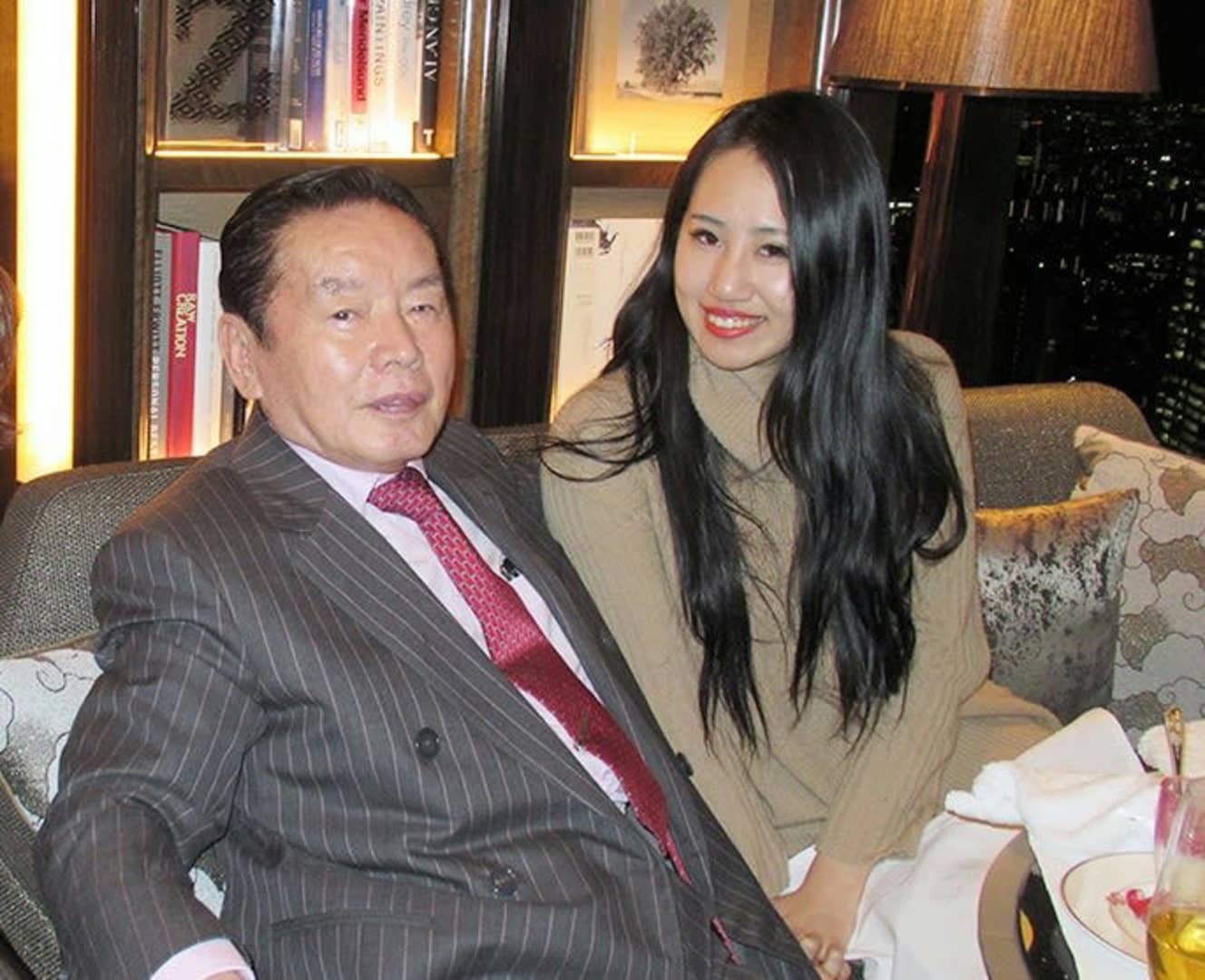Kishu Don Fan Case Acquitted, Prosecutors Plan Reversal

In the case of Kozo Nozaki, known as “Kishu Don Fan,” who died at his home in 2018, the Wakayama District Court delivered a not guilty verdict on December 12 for his wife, Saki Sudo, who had been indicted for murder. She was also acquitted of the charge of violating the Narcotics Control Act.
It is a fact that Nozaki died after ingesting a large amount of methamphetamine. However, the truth of who administered the drugs to him, or whether Nozaki accidentally consumed a lethal dose, remains unclear. Based on the principle of innocence until proven guilty, Sudo was acquitted.
The crushed rock candy that I prepared myself.
It is known that Sudo attempted to purchase methamphetamine and contacted dealers to make the purchase. However, the testimonies of two dealers, Dealer A and Dealer B, who were called as witnesses by the prosecution, contradicted each other.
Dealer A was the one who handed the methamphetamine to Sudo. Dealer A.
“Handed over the real methamphetamine.”
However, it was Dealer B who prepared the methamphetamine that Dealer A handed over. Dealer B was also the one who posted a coded message on an internet bulletin board stating selling methamphetamine. These two can be considered dealer companions.
However, Dealer B.
“Claimed that he had no methamphetamine sourcing route and that everything sold with A as methamphetamine was actually just rock candy that he had crushed.”
He testified,
“He had no methamphetamine sourcing route, and everything sold with A as methamphetamine was actually just rock candy that he had crushed.”
However, when A handed the substance to Sudo, he described having gotten out of the car and used the light from his mobile phone to illuminate it on the dark street. Based on the visibility under those conditions, the court concluded that “there remains doubt as to whether it could have been definitively identified as methamphetamine.
In other words, it was not acknowledged that Sudo had obtained real methamphetamine.
“The cause of Nozaki’s death was methamphetamine. The autopsy results confirm this fact without question. However, the fundamental premise that Sudo could not be said to have obtained the methamphetamine was overturned, leaving the weapon, so to speak, up in the air. In other words, Sudo was acquitted of methamphetamine charges, which also meant acquittal of the murder charge.
There was no direct evidence, only circumstantial evidence such as search histories for terms like perfect crime and the unusually frequent trips up to the second floor on the day of the incident, which were recorded in a healthcare app. When the not guilty verdict was delivered in the courtroom, not only the press but also the prosecution were stunned and speechless.” (Television station insider)
Nozaki continued to have a sexual relationship with a woman named C after marrying Sudo.
The prosecution is likely to appeal.
C, who received a call from Nozaki, was told:
“I’m doing meth, hehehe.”
He said to her,
“Aren’t you out of your mind?”
She replied.
Nozaki passed away on May 24, 2018, but C received the phone call from him at the end of April. Given this statement, it was determined that it cannot be dismissed as just a joke.
What will happen next? According to Kenta Mori, a lawyer at Mori Shinji Law Office, who is well-versed in criminal cases:
“Looking at statistics, the acquittal rate in district courts last year was 0.2%, so this case is in the rare category. The prosecution is likely to appeal. Unlike the first trial, the appeal trial is not a jury trial, and there have been cases where different conclusions were reached in the appeal court.
However, it would be difficult for the prosecution to prepare direct evidence supporting that the defendant killed the victim before the appeal trial. Therefore, instead of presenting new evidence to charge the defendant, the prosecution is likely to focus on arguing how the first trial’s judgment was incorrect.”
He analyzes,
Sudo has been arrested for three years. What actions will the prosecution take next?
PHOTO: Takashi Yoshida